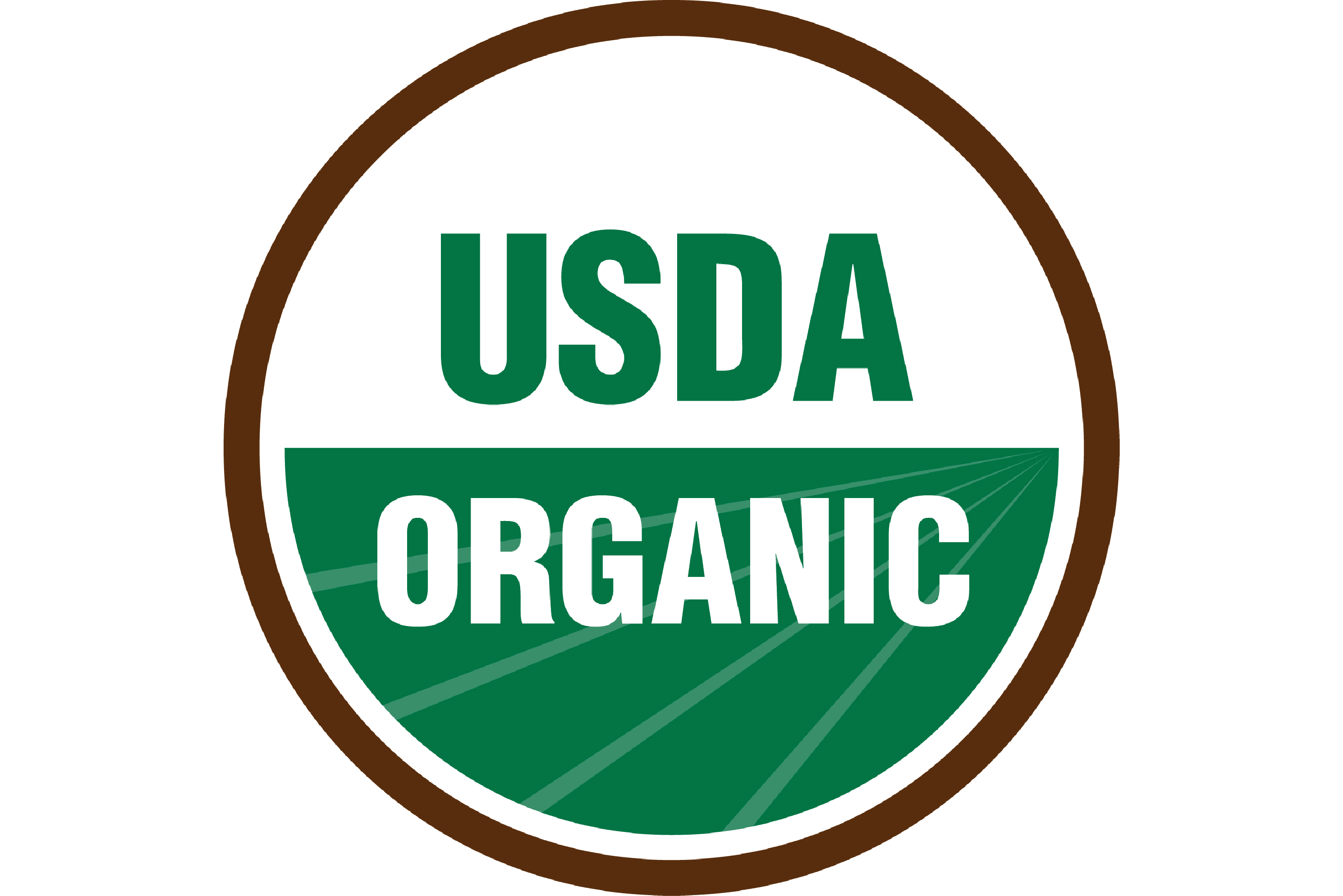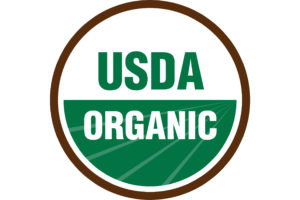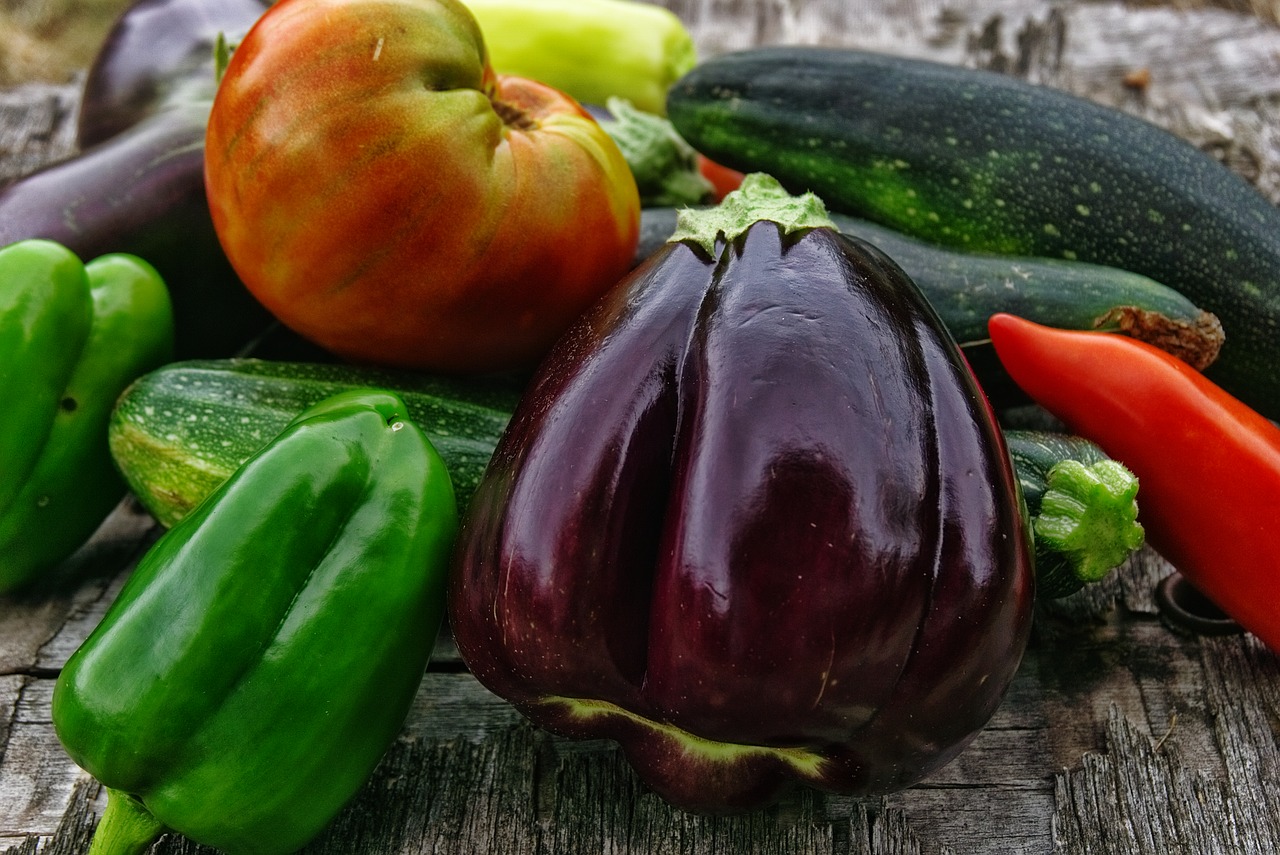
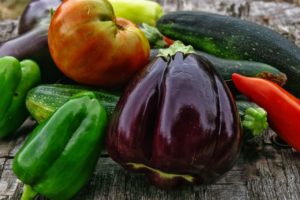
Crop rotation is a systematic approach to deciding which crop to plant where in your vegetable garden from one year to the next. It is as important a factor in soil health as amendments, and reduces the amount of work you have to put into achieving healthy soil for your plants.
Interesting fact: George Washington Carver was a major pioneer in teaching of crop rotation, a big help in replenishing soil, rejuvenating the yields and success in farming.
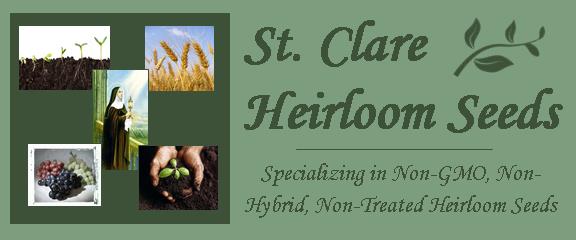

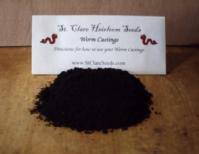
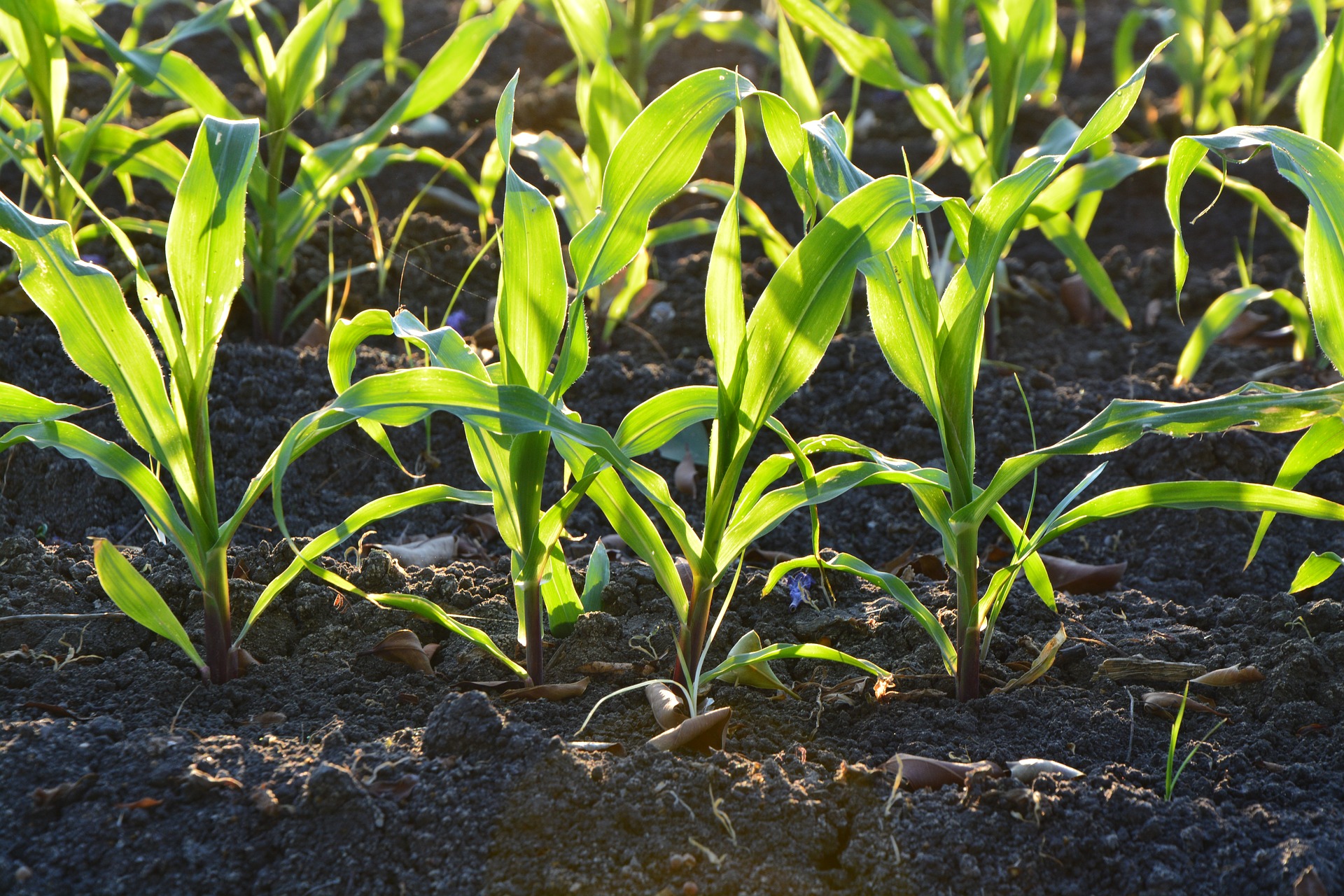
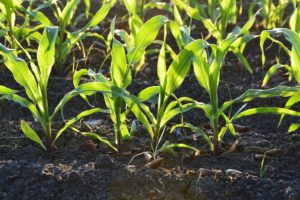 “Start at the very beginning, a very good place to start”
“Start at the very beginning, a very good place to start”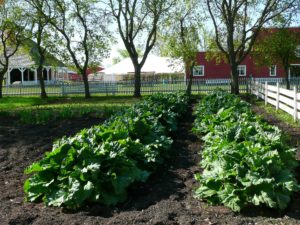 Control weeds!
Control weeds!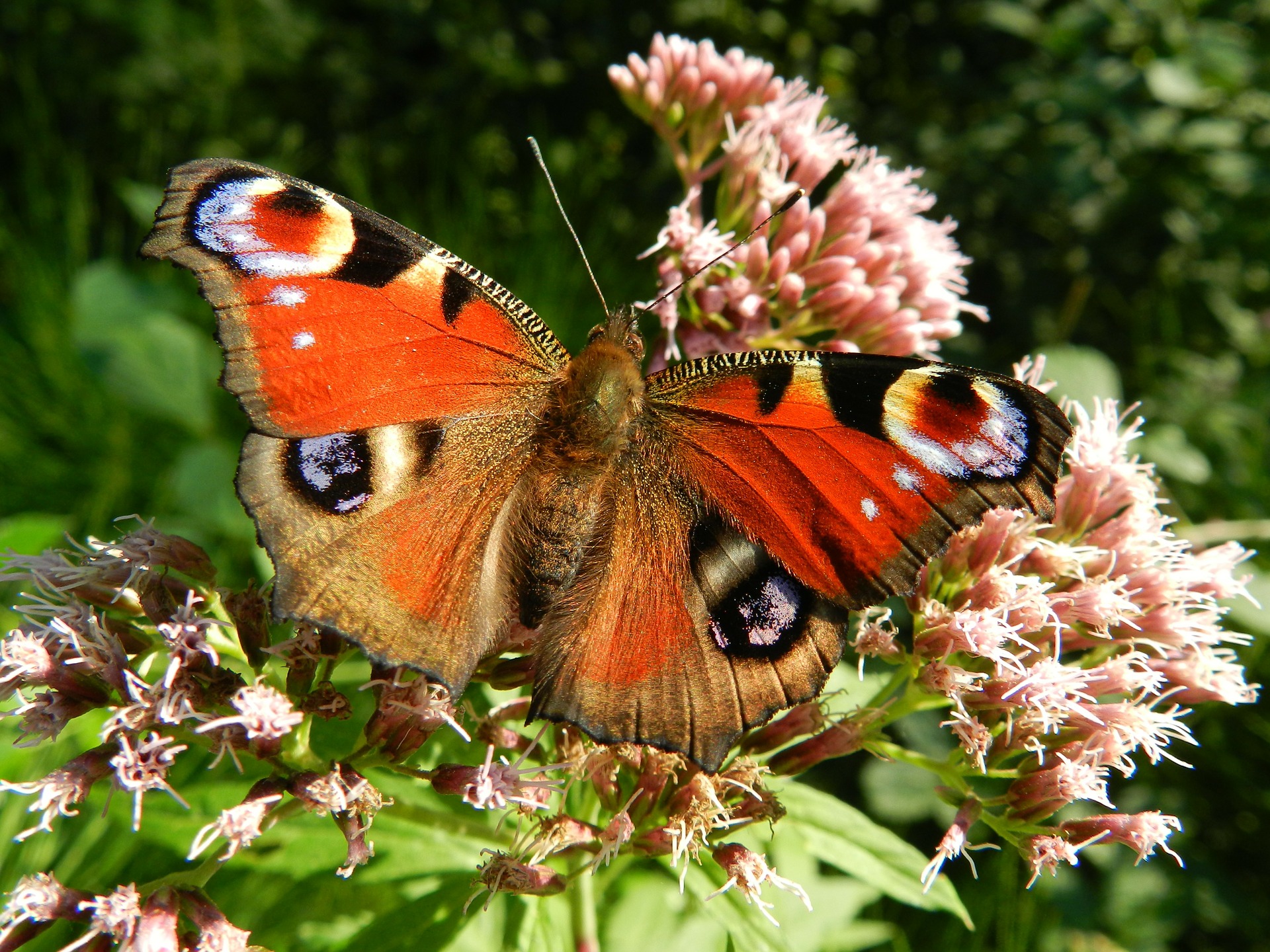
 share your harvest with the bugs, but you will probably have less than pristine looking plants and produce. Since in organic gardening you are trying to garden in cooperation with nature, sometimes you have to accept the occasional pest in the garden, not taking the typical line of attack that has been popular in recent generations of grabbing the nearest pesticide. Your first line of defense should be vigilance. Inspect your plants regularly for signs of a problem and take organic methods of action quickly. Keep in mind, though, not every insect is a foe and that action doesn’t necessarily mean pesticide. Just picking bugs and eggs off plants and putting them in a bucket of soapy water is frequently a first step for organic gardeners. Learn which are the beneficial insects and keep them around, they will help do your work for you, getting rid of pests.
share your harvest with the bugs, but you will probably have less than pristine looking plants and produce. Since in organic gardening you are trying to garden in cooperation with nature, sometimes you have to accept the occasional pest in the garden, not taking the typical line of attack that has been popular in recent generations of grabbing the nearest pesticide. Your first line of defense should be vigilance. Inspect your plants regularly for signs of a problem and take organic methods of action quickly. Keep in mind, though, not every insect is a foe and that action doesn’t necessarily mean pesticide. Just picking bugs and eggs off plants and putting them in a bucket of soapy water is frequently a first step for organic gardeners. Learn which are the beneficial insects and keep them around, they will help do your work for you, getting rid of pests.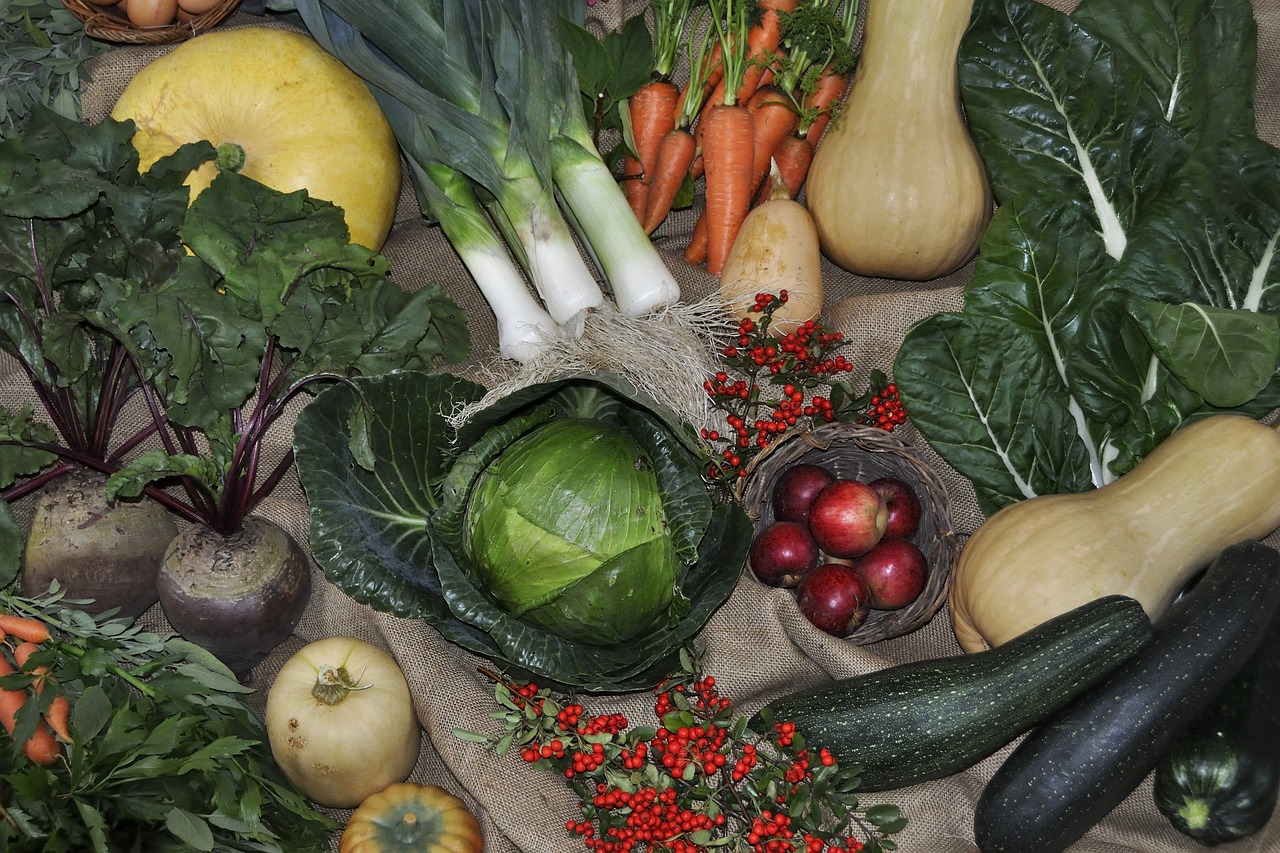
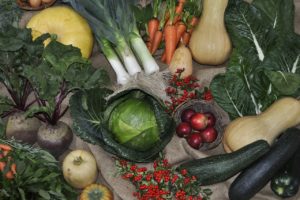
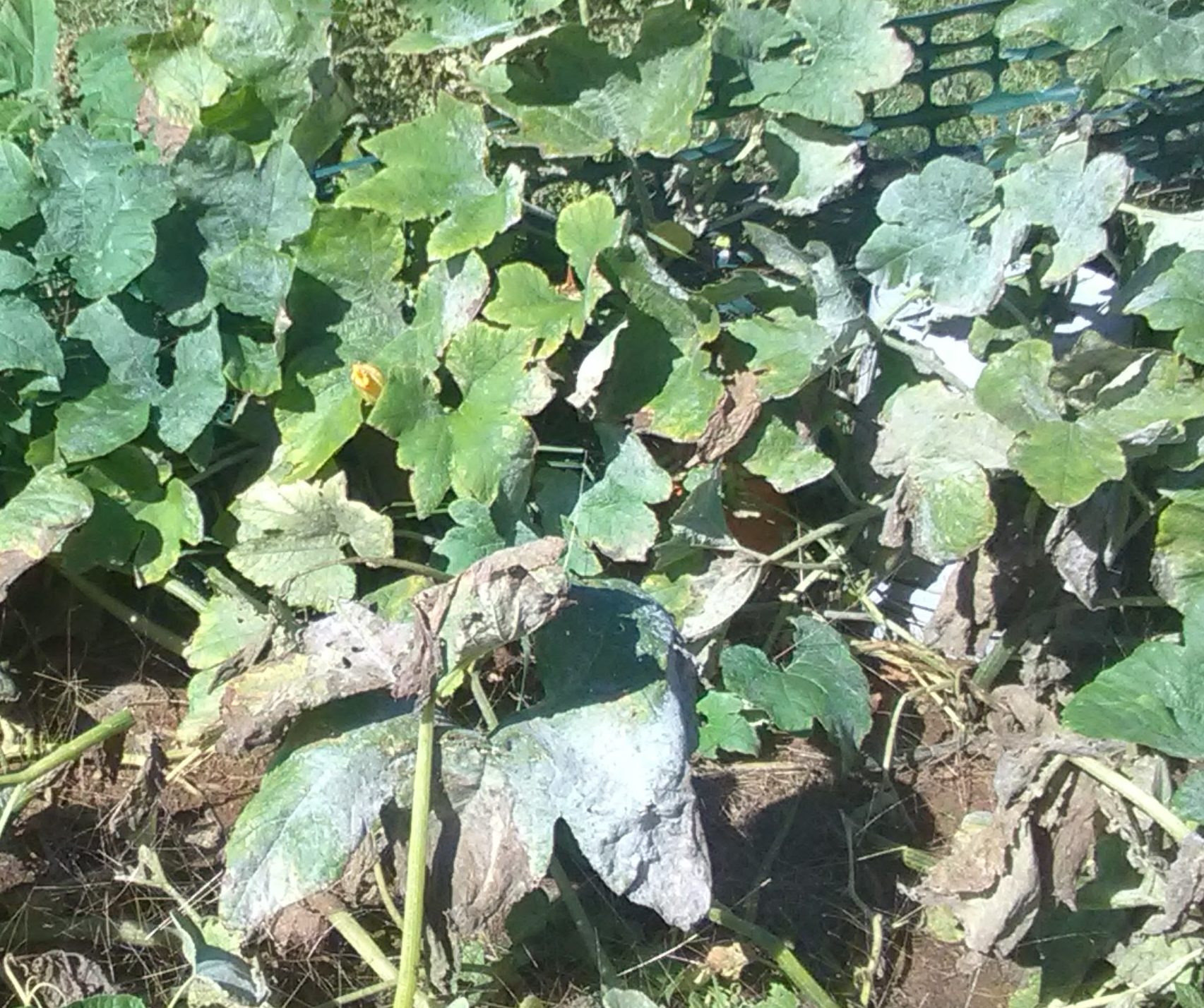
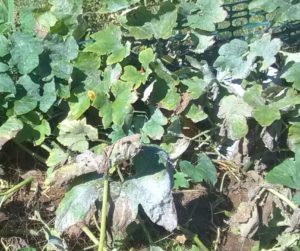 The successful management of both soil borne and foliar diseases requires a multifaceted program, taking into consideration variety selection, cultural methods, biological’s, and chemical applications approved by the Organic Materials Review Institute (OMRI) and certified organic under the United States Department of Agriculture (USDA) National Organic Program (NOP). This review emphasizes the management of foliar disease and serves as a guide to assist growers in selecting strategies to manage disease in a sustainable system.
The successful management of both soil borne and foliar diseases requires a multifaceted program, taking into consideration variety selection, cultural methods, biological’s, and chemical applications approved by the Organic Materials Review Institute (OMRI) and certified organic under the United States Department of Agriculture (USDA) National Organic Program (NOP). This review emphasizes the management of foliar disease and serves as a guide to assist growers in selecting strategies to manage disease in a sustainable system.